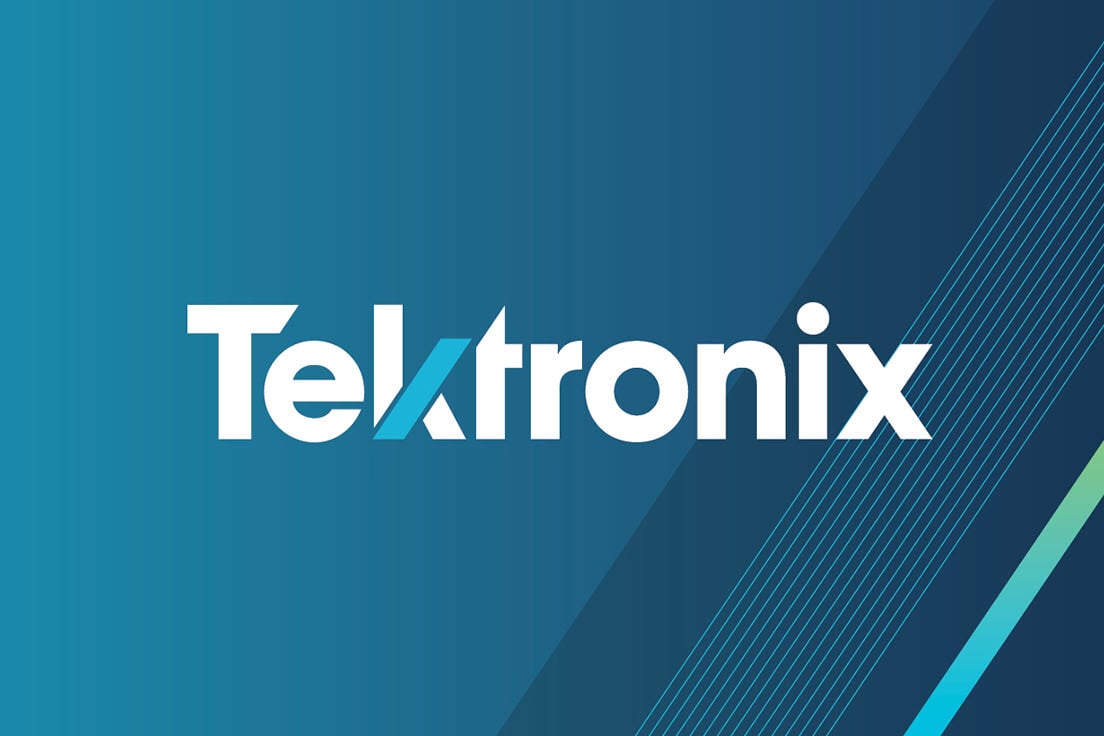

Last October, we ran a post about how David Haworth, a senior applications engineer for Tektronix, used an MDO4000 oscilloscope to capture RF emissions from the sun. As you may recall, in addition to his work at Tektronix, David is an amateur radio astronomer who often puts RF test equipment to work capturing signals from out this world.
His latest effort involves capturing signals that are generated a little closer to earth’s orbit using an RSA306 USB-based spectrum analyzer. As you can see in the video below, he’s capturing telemetry signals from the UKube-1 satellite. Launched last July, the UKube-1 carries a set of AMSAT-UK FUNcube boards which provide an educational beacon for use by schools and a linear transponder for amateur radio communications. The Doppler shift of the telemetry downlink frequency is easily observed in the video.
Here’s what’s going on in more detail:
The UKube satellite telemetry signal is transmitted on a frequency of 145.915 MHz and the UKube satellite telemetry signal is received on a different frequency because of the Doppler Effect of the satellite moving toward or away from the receiving station.
The Tektronix RS306 spectrogram in the video shows that the UKube telemetry signal is higher than 145.915 MHz at the beginning of the acquisition indicating the satellite was moving toward the receiving station and over time it shifts below 145.915 MHz indicating satellite is moving away from the receiving station. The Doppler shift is shown by the vertical slant of the telemetry signal in the spectrogram. The Tektronix RS306 MR marker is set to 145.915 MHz.
The RS306 Real Time Spectrum Analyzer was connected to an Arrow Four Element Portable Yagi (#146-4) mounted on a camera tripod.
You can learn more about David’s work on capturing RF from space at: http://www.stargazing.net/david/radio/index.html.


